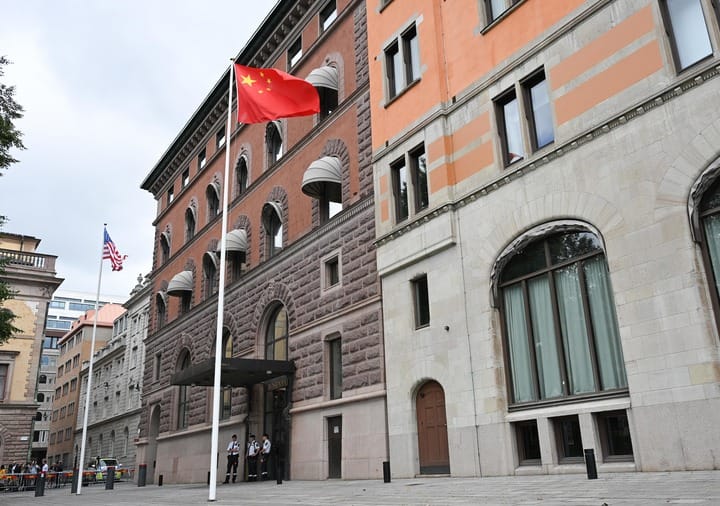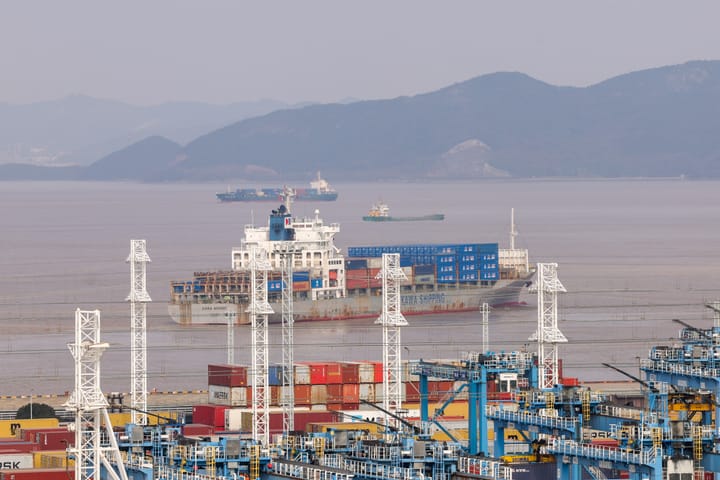How China’s Mainstream Media View Upcoming China-U.S. Trade Talks?

China's mainstream media are closely following the upcoming high-level China-U.S. economic and trade dialogue to be held in Switzerland, with several official outlets publishing commentary articles in recent days.
The Chinese mainstream media exhibit a cautious stance regarding the upcoming China-U.S. talks. The commentaries published by them emphasize that while China is open to talks, negotiations must be conducted on the basis of mutual respect and equality, and must firmly safeguard China's national interests and international fairness and justice.
The commentaries indicate that China is prepared to respond to any confrontation and believes that pressure and threats are not the correct way to resolve the issues. The Chinese media widely urge the U.S. side to demonstrate sincerity through concrete policy adjustments to promote substantial progress in the talks. The articles also highlight the mutually beneficial nature of China-U.S. economic and trade relations, while criticizing U.S. unilateral tariff measures for not only harming bilateral trade relations and the international economic order but also negatively impacting the U.S. economy itself.


